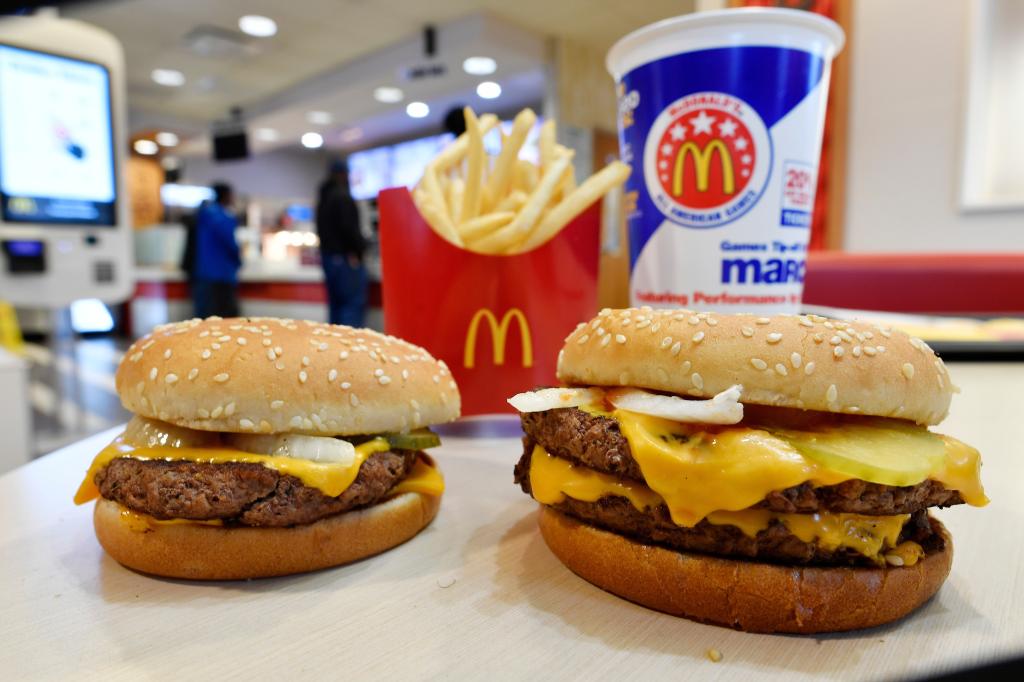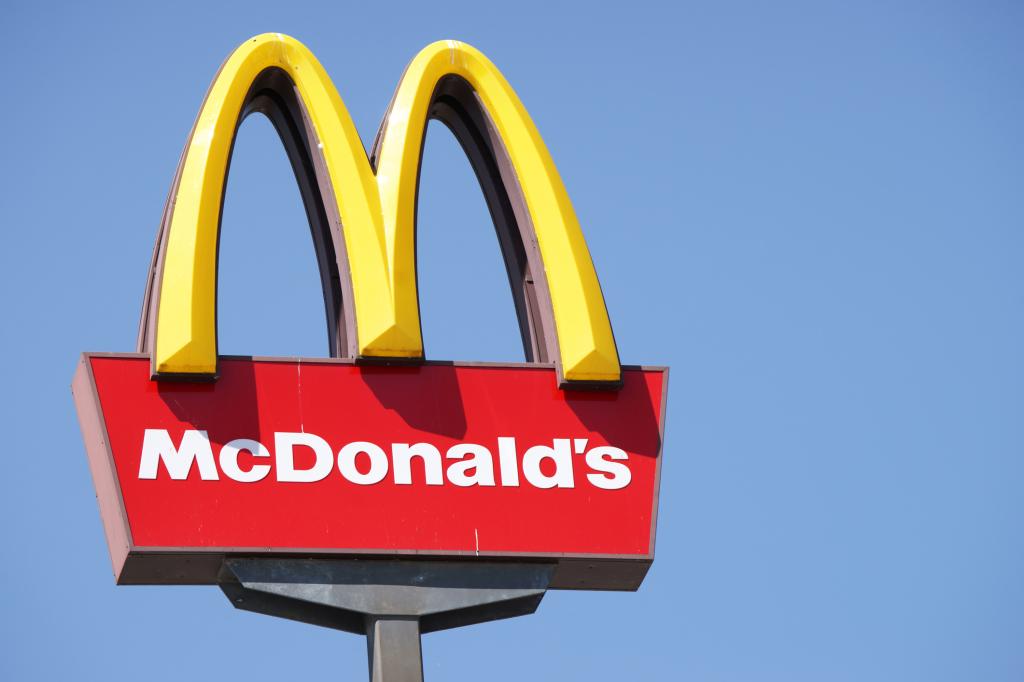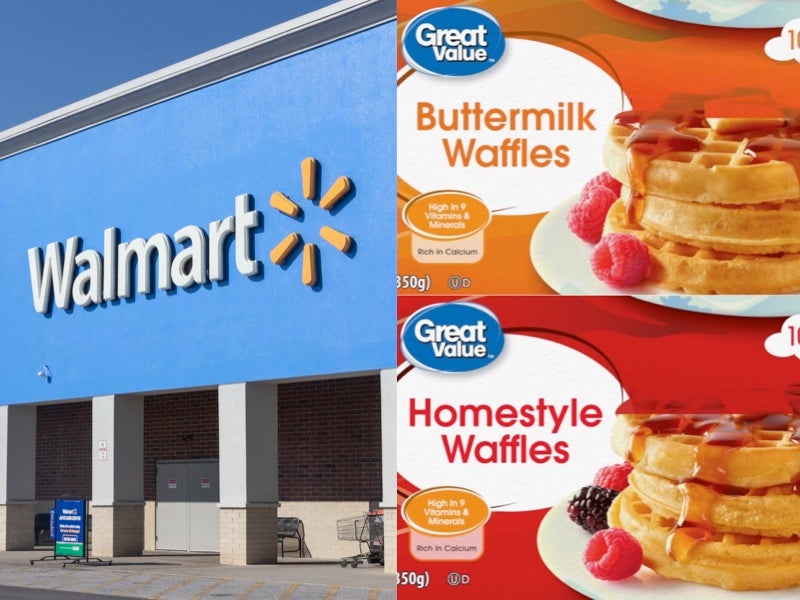McDonald's E. Coli Crisis and Its Impact on Food Safety
Explore the E. coli outbreak linked to McDonald's Quarter Pounders and discover how the fast-food giant is prioritizing food safety and customer trust.

Key Points
- The E. coli outbreak linked to McDonald's
Quarter Pounders has affected 75 people across 13 states, prompting immediate supplier recalls and restaurant changes.
- McDonald's has prioritized transparent communication and customer reassurance, emphasizing their commitment to food safety during the crisis.
- Maintaining rigorous safety protocols in the supply chain is crucial to preventing similar incidents and restoring customer trust in the fast-food industry.
The fast-food industry has faced significant challenges over the years, often dealing with food safety concerns that can affect their reputation and customer trust. Recently, McDonald’s has found itself in the spotlight due to an E. coli outbreak linked to its popular Quarter Pounder burgers. While outbreaks are not unusual in the food sector, the implications of this crisis are profound, serving as a stark reminder of the importance of food safety measures and transparent communication.
As of the latest updates, the outbreak has affected at least 75 individuals across 13 states, with one reported fatality. This raises questions about the sources of contamination and the measures being taken by the fast-food giant to protect its customers. The U.S. Food and Drug Administration (FDA) has indicated that slivered onions from a single supplier are the likely source of the contamination, not the beef patties, which have been ruled out following extensive testing.

The Role of Supply Chain Transparency
A significant player in this unfortunate event is
, the California-based produce company that supplied the onions linked to the outbreak. Following the identification of the tainted onions, Taylor Farms initiated a voluntary recall of yellow onions distributed from its facility in
. They are collaborating closely with the CDC and FDA to investigate the contamination.
McDonald’s has taken decisive action by halting sales of Quarter Pounders containing slivered onions in approximately 900 affected locations. This proactive approach is vital to stemming the spread of potential illness and restores trust among consumers. Company representatives have made assurances that any contaminated products are being removed from their supply chain. This is crucial, as timely and transparent action can often mitigate longer-term damage to a brand’s reputation.

The Importance of Customer Communication
In the wake of the E. coli outbreak, effective communication from McDonald’s has been essential. McDonald’s President for the U.S., Joe Erlinger, publicly expressed apologies to affected customers while reassuring them that all necessary measures were being taken to ensure safety. "We are sorry,” he stated, emphasizing a commitment to resolving the issue, led by the company's core values.
This type of transparent communication is not only necessary during crises but also helps build long-term loyalty among customers. When consumers feel heard and assured that their welfare is a priority, they are more likely to return once the situation is under control.
Understanding the Health Risks
The CDC has estimated that E. coli O157:H7, the bacteria involved in this outbreak, causes about 74,000 infections in the U.S. annually. Of those, over 2,000 lead to hospitalizations and around 61 result in fatalities each year. Symptoms typically present three to four days after consuming contaminated food and can include severe stomach cramps, diarrhea (often bloody), and vomiting. The infection poses a grave risk, especially to vulnerable populations such as young children, the elderly, and individuals with compromised immune systems.
Given these serious health implications, it’s imperative for every food service establishment to scrutinize their suppliers and ensure that stringent safety measures are in place. Regular audits and compliance with food safety regulations can help prevent similar incidents from occurring in the future.
The current crisis underscores the need for the food industry to maintain high standards of hygiene and transparency throughout the supply chain. With proactive measures, effective communication, and rigorous safety protocols, companies can mitigate risks and ensure that their customers feel safe and valued. As McDonald’s prepares to resume sales of its Quarter Pounders, the hope remains that consumers can once again enjoy their meals with confidence.

